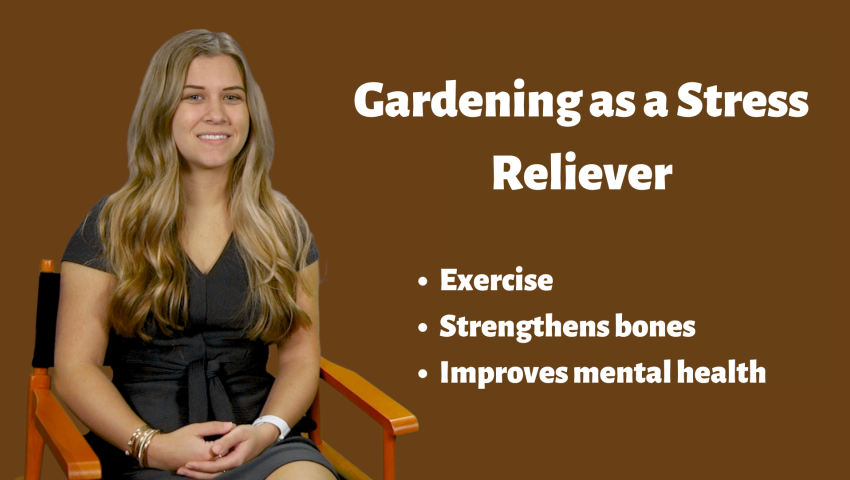Chloe: Welcome to the BH WELL video blog. I'm Chloe Robertson, your host. BH WELL stands for Behavioral Health Wellness Environments for Living and Learning. Today on the blog we have with us Madelyn Strong, a recent UK College of Nursing graduate. She specializes in psychiatric nursing and has an interest in using gardening to aid patient recovery. Hi Mady.
Mady: Hi Chloe.
